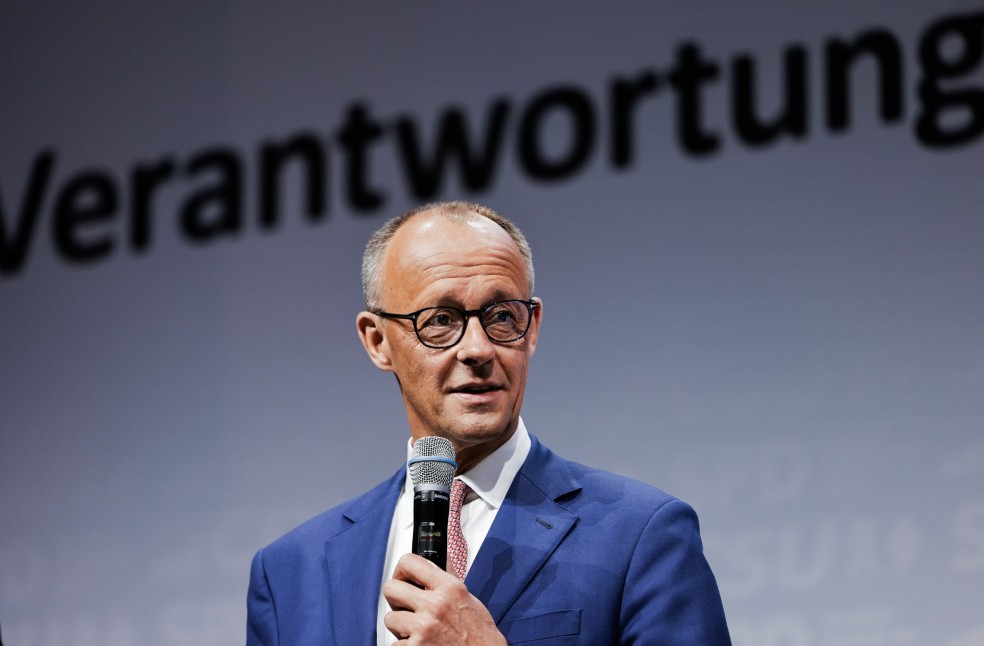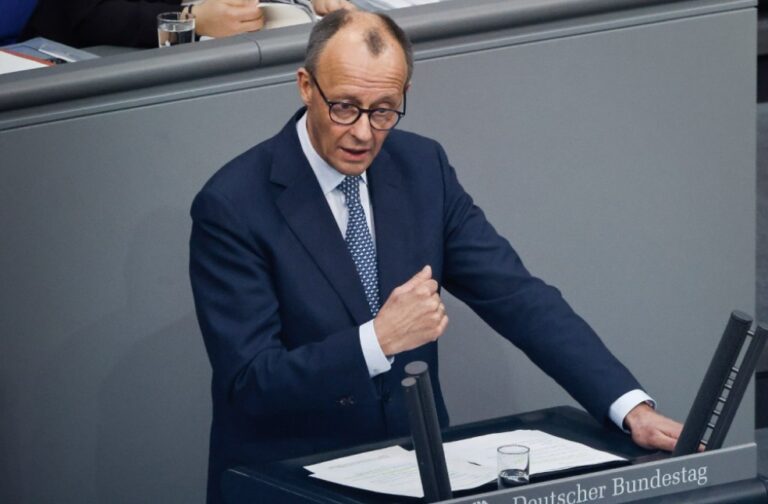Berlin: Germany’s conservative leader Friedrich Merz, has failed to secure a majority in a key Bundestag vote to become chancellor despite leading the party that won February’s federal election. Merz received only 310 of the 316 votes required in the 630-seat Bundestag.
The loss is seen as unprecedented in modern German history and comes just days after he sealed a coalition agreement with the centre-left Social Democrats (SPD). Although the coalition holds a majority on paper, internal dissent appears to have derailed Merz’s ambitions. Reports suggest 18 MPs who were expected to back him withheld support. No candidate has failed in this manner since 1949.
The Bundestag vote result has cast serious doubt on Merz’s ability to unify the coalition and move Germany forward after last year’s government collapse.

Germany’s constitution allows multiple votes within a 14-day window. If no candidate reaches an absolute majority, the Bundestag may elect a chancellor without one. Merz and his coalition must now decide whether to pursue a second vote, risking further humiliation.
The far-right Alternative for Germany (AfD), which came second in the election with 20.8 percent, quickly responded. AfD co-leader Alice Weidel wrote on X that, “The vote showed the weak foundation the small coalition has been built between the conservatives and SPD, which was rejected by voters’.”
On Monday, outgoing Chancellor Olaf Scholz was honoured with the traditional Grand Tattoo by the armed forces orchestra, signalling the end of his term. Merz, 69, was widely expected to take over, fulfilling a lifelong ambition. With his credibility now in question, Merz faces intense scrutiny over his next move. Adding to the weight of the moment, former Chancellor Angela Merkel was present to witness the Bundestag vote unfold.



